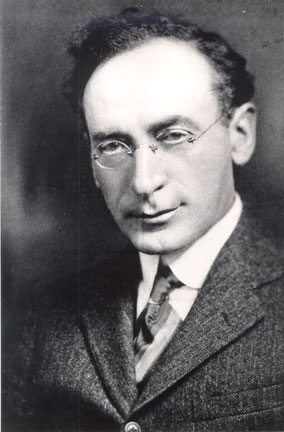Morris R. Cohen in Retrospect
By Ernest Nagel
Cohen's temper of mind was thus essentially sceptical, with
a deeply ingrained distrust of romantic frenzy and undisciplined
enthusiasm. But his scepticism did not take the form that
human reason is inherently incapable of arriving at the truth,
and that therefore some other mode of experience is to be
used for penetrating to the nature of things. His scepticism
was the scepticism of modern science which recognizes the
fallibility of its method for acquiring knowledge, and acknowledges
that no claim to possess the truth is beyond the range of
further criticism. But though he embodied and sought to spread
this sceptical temper, Cohen also maintained that the rational
procedure illustrated most clearly and successfully in the
modern sciences of nature is the best (because most dependable)
method men have yet devised for arriving at responsibly held
beliefs. He did not think the use of this method is the panacea
for all human ills; for he believed that there are many things
in the world beyond human power to remedy, and he had a keen
sense of the tragic quality of human existence. But he also
believed, surely not without good grounds, that much of the
cruelty and injustice found among men is the product of behavior
which is not informed by a rational analysis of its consequences.
Cohen was keenly aware that the life of reason is a difficult
ar 1 precarious achievement; and he did not hide his fears
that the always latent forces of unreason, uneasily dormant
under the thin veneer of civilization, could easily be unleashed
to destroy the most precious heritage of mankind. His fears
were not entirely unjustified by the events; and he lived
long enough to witness not only the wide acceptance of philosophies
which teach the inferiority of reflective thought to instinct
and intuition, but also the bitter practical fruits of such
teachings. But throughout his life Cohen was an uncompromising
foe of chthonian deities, in philosophy as in politics. He
hated the brutish dogmatism of the unreasoning mind and the
authoritarianism that issues from mere power. He disliked
intellectual double-talk; and he had an undisguised contempt
for thinkers who Cohen understood it, seeks to make explicit
the logical articulation of claims to knowledge, the grounds
of their credibility and validity, and the import of their
content for an inclusive view of nature and man.



